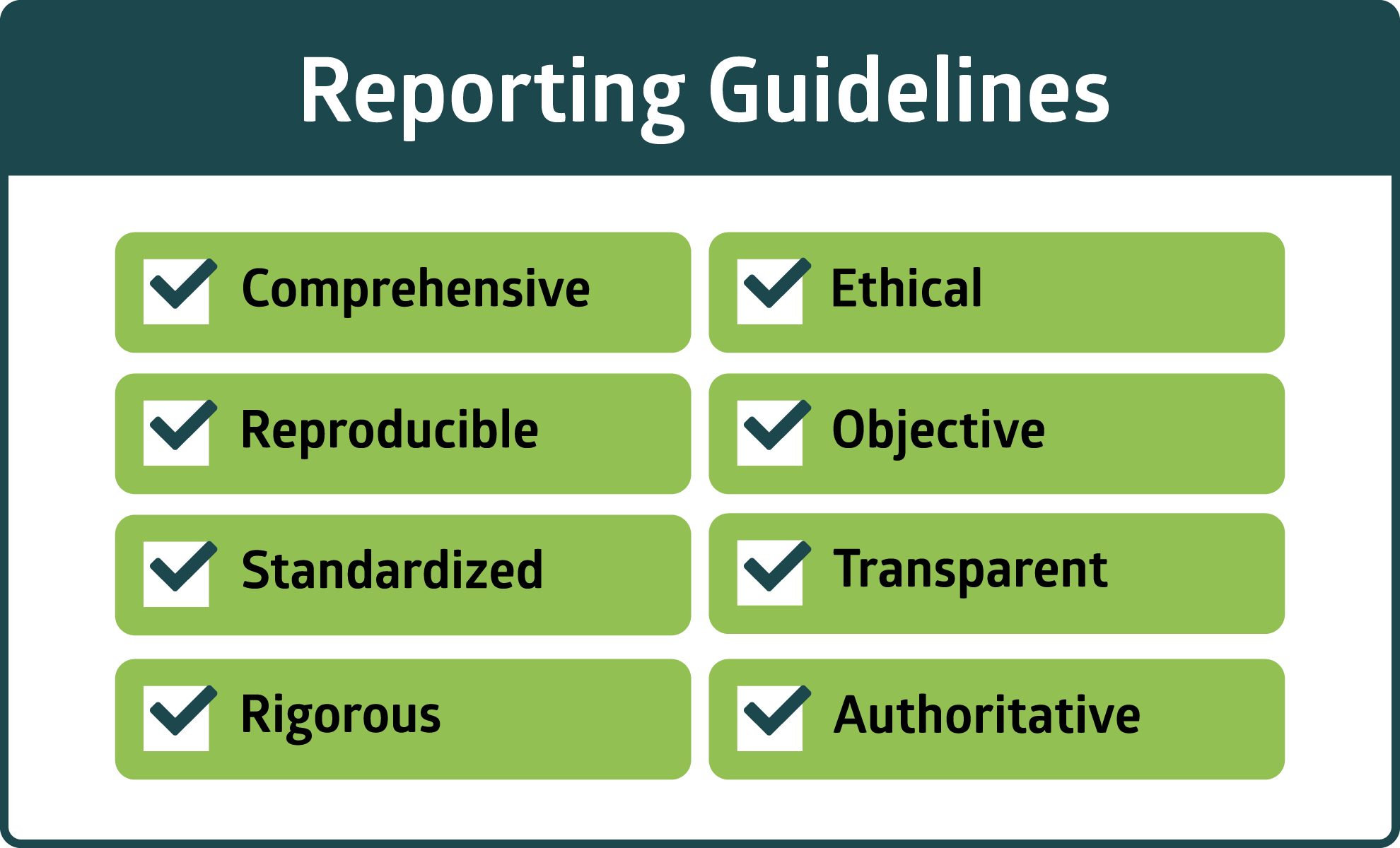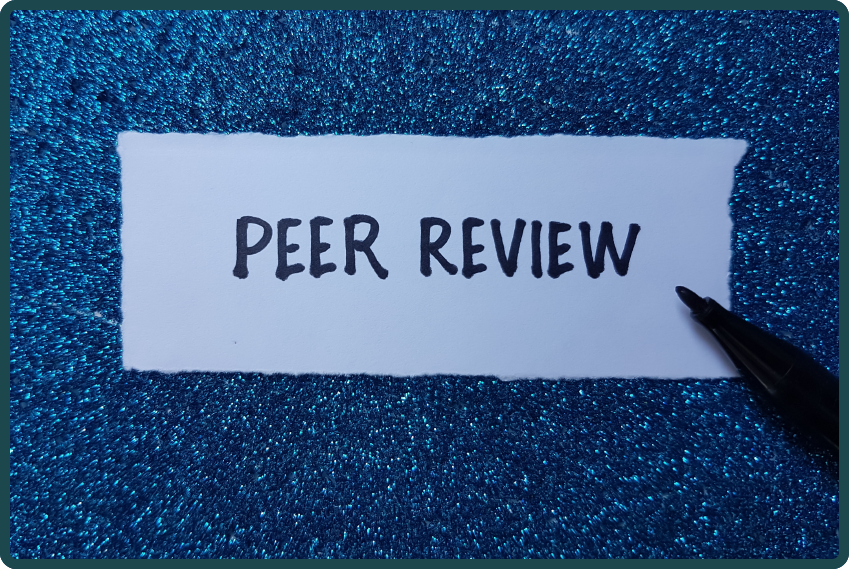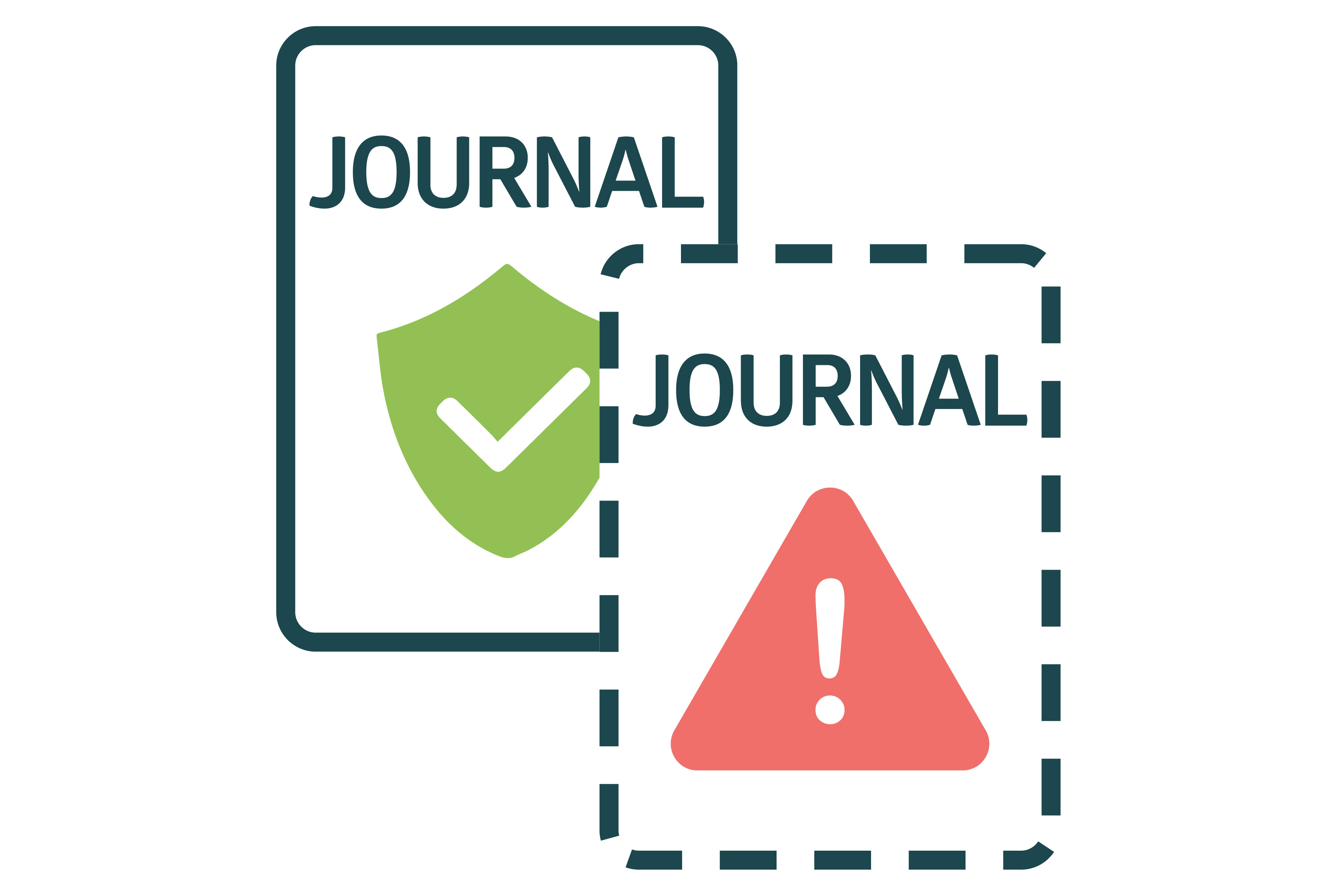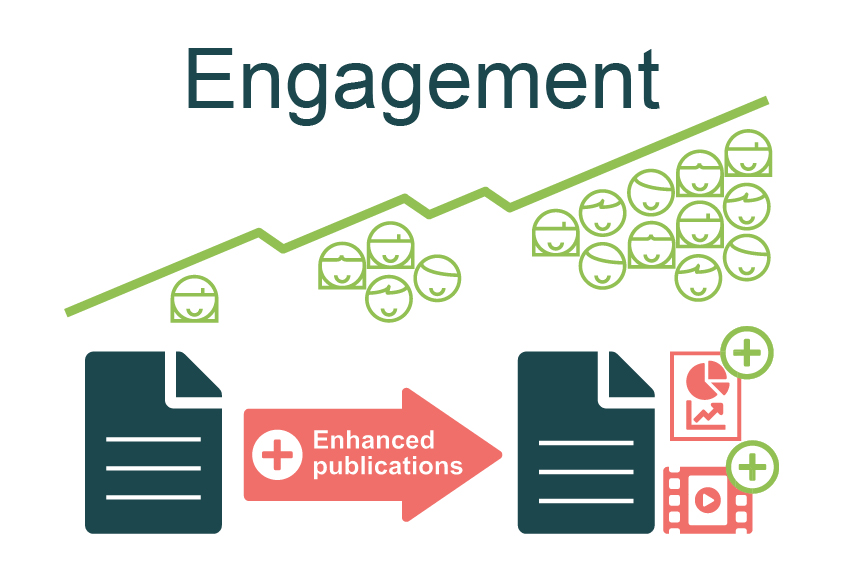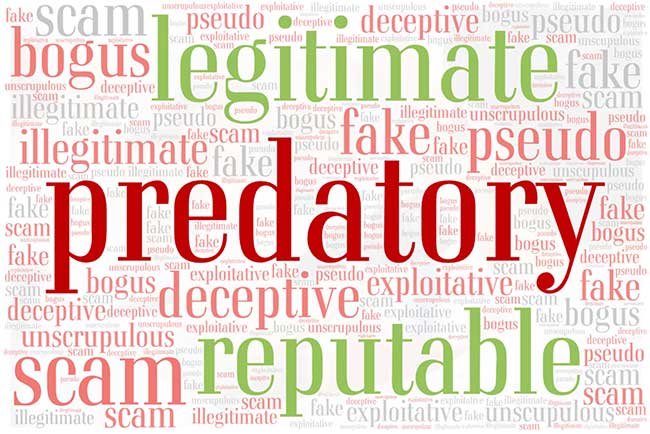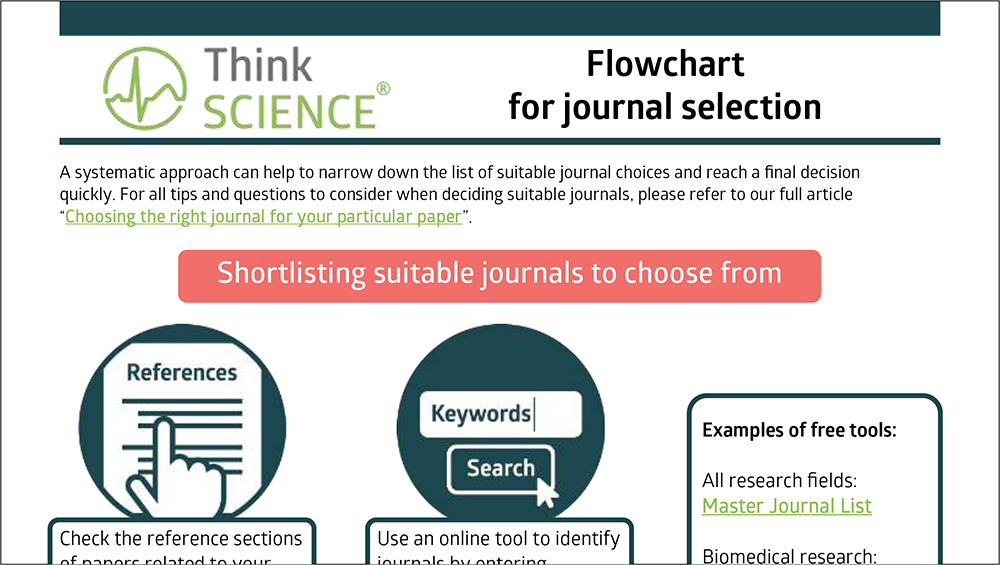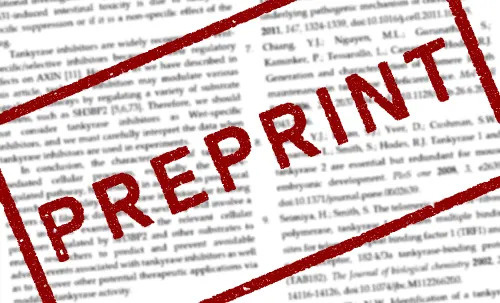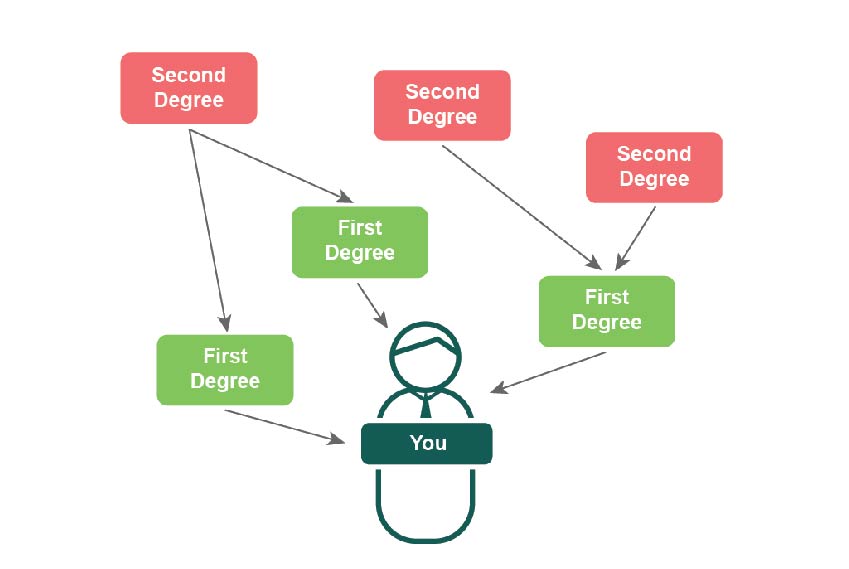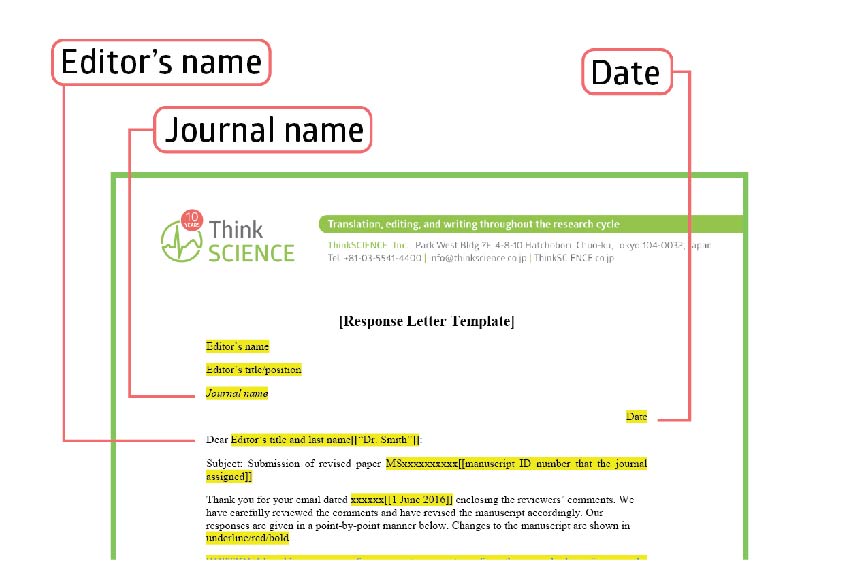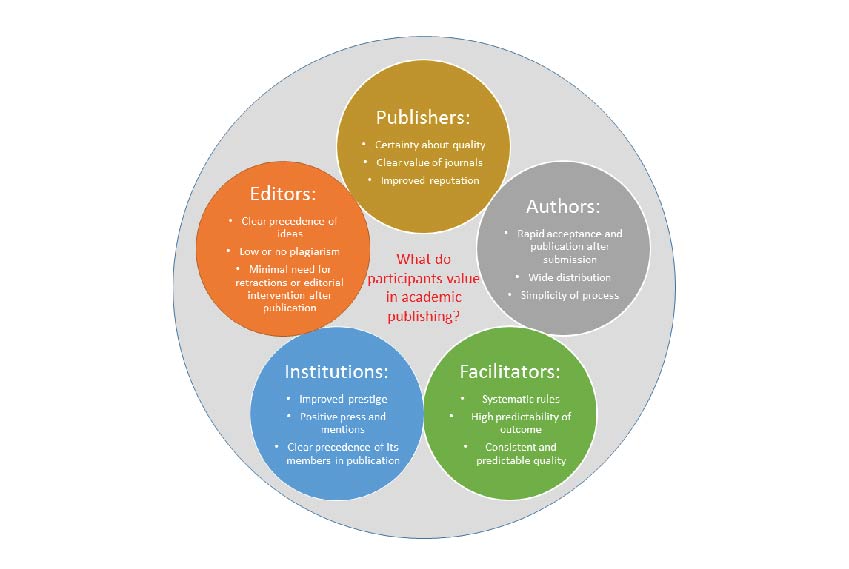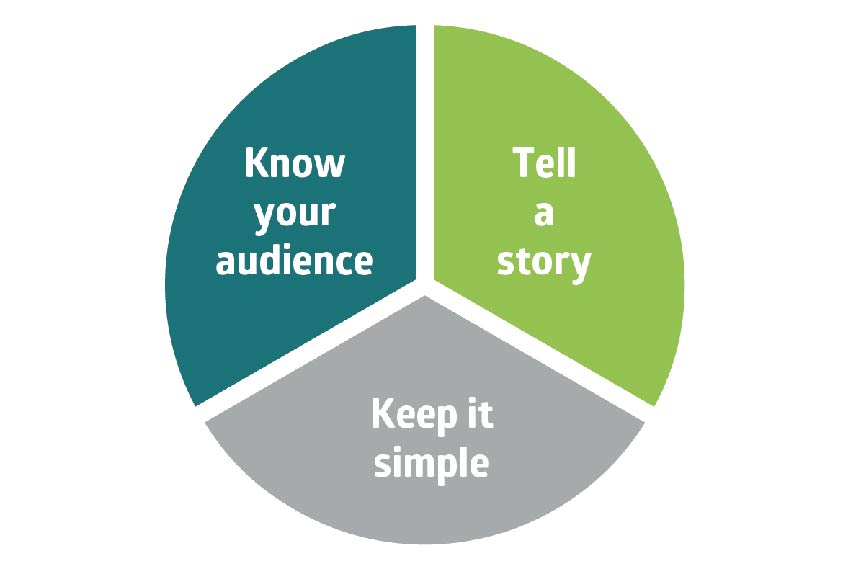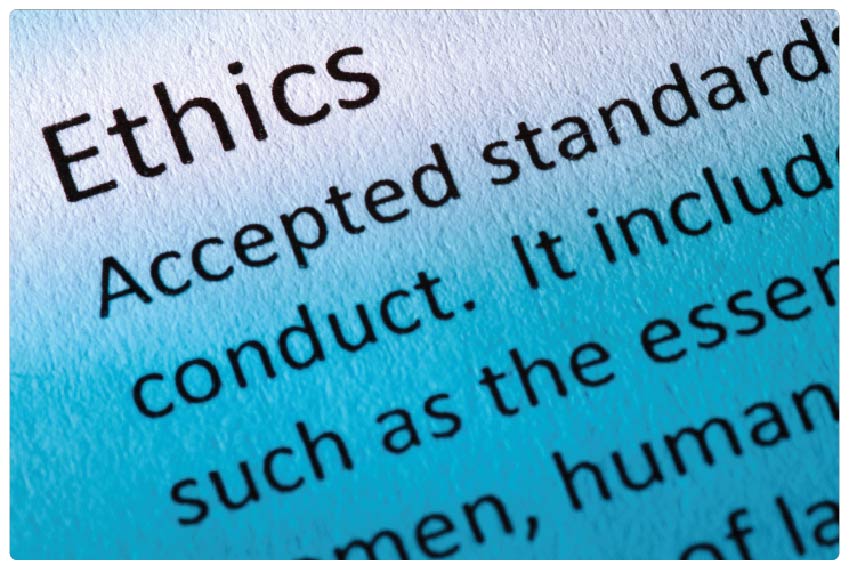- Tel: +81-3-5541-4400 (Monday–Friday, 09:30–18:00)
- Tel: +81-3-5541-4400
(Monday–Friday, 09:30–18:00)
Resources about publishing
Latest resource
Reporting guidelines: When to use them and why
In academic research, clear, transparent reporting is essential to ensure that studies can be accurately evaluated and replicated. To this end, an increasing number of specialized reporting guidelines have been made available to authors, covering a wide range of fields and types of studies. These guidelines, often structured as checklists, provide a standardized format for researchers to present their methodologies, data, and results...
Other resources
How to write effective peer review comments: Some key points and a checklist
Peer review plays a crucial role in academic publishing, serving as an essential check on research quality and integrity. As a reviewer, your feedback not only helps shape the manuscript for publication but also guides authors in improving their work. Thoughtful, well-organized comments make the process more effective and ensure that an authors’ paper can fully benefit from your review. Researchers who are selected as peer reviewers are given a unique responsibility, and this can be a daunting task, especially if ...
Tips for identifying and avoiding hijacked journals
From spam emails to Twitter (now X) bots impersonating politicians and celebrities, the Internet is rife with bad actors, and it is important to exercise a certain level of caution in our online interactions. The same is true in the academic publishing world as well. In some cases, journals may not always be what they appear. In this article, we offer some practical tips on how you can avoid publishing in “highjacked” journals (also known as "cloned" journals), where...
How can “enhanced publications” improve your research impact?
As authors, we are operating in a highly competitive environment where we want our research findings to have the most impact they can. By impact, we mean getting people’s attention on our research so that we can communicate our findings to them. Traditionally, this has meant attracting readers’ attention by writing clear and effective abstracts for research papers published in scholarly journals or conference proceedings or posted on preprint servers...
5 questions and answers about ORCID iD: Distinguishing yourself as a researcher
As researchers, we work toward various goals, such as improving patient care, curing diseases, advancing technology, exploring nature, and developing theories and ideas to make sense of our world. In these efforts, it is important that researchers receive recognition for their work and control their professional information. However, controlling your identity and information is not always easy. Perhaps you have a common name, your name has changed after marriage, or your name is displayed differently across various publications, websites, and other systems.
8 questions and answers about predatory journals: Protecting your research, reputation, and funding from theft and fraud
We first wrote about predatory journals as a serious threat to the scholarly community in July 2015 and about the emerging problem of predatory conferences in July 2017. Although there is now greater awareness that such journals and conferences exist and there are more resources available to help identify them, it can still be difficult for authors to distinguish predatory journals and events from reputable ones.
Choosing the right journal for your paper: A flowchart and tips
When we want to submit a research paper for publication, the top-tier journals in our specialist field are usually the first that come to mind. However, these journals don't always fit our publication goals or the content of the paper. We all know that submitting a manuscript to an unsuitable journal can mean our manuscript is rejected before peer review. So, how can we make a final suitable choice for our particular paper as quickly and easily as possible?
Preprints: What you need to know before posting your work
A preprint is an academic manuscript that has been shared publicly via an open-access platform but has not been formally peer reviewed. Preprints have long been used in the physical sciences to propose ideas, announce results quickly, and gain feedback from fellow researchers to develop the work further. In recent years, preprints have started appearing in other disciplines, including the life sciences, social sciences, medicine and healthcare, education, and law.
Publishing high-impact findings quickly
High-impact, important research findings often deserve to be shared rapidly, and we can opt to write a brief, short, or rapid communications article to do this. What are the advantages of sharing our results quickly with the community via this type of article instead of sharing them via a conference presentation, uploading a paper to a pre-print server, or writing a longer original article?
Another way to assess your research impact: Citation and authorship networks
The impact of individual researchers can be assessed by various methods. Among these, numerical methods are popular because they are straightforward to calculate and provide a convenient metric for assessment. However, these metrics are vulnerable to manipulation and provide little insight into the actual influence of researchers. In this featured article, we discuss a non-numerical method for visualizing researcher influence: networks of relations among researchers.
Writing effective response letters to reviewers: Tips and a template
After submitting a manuscript to a scholarly journal and receiving comments from the reviewers and/or journal editor, authors are often asked to revise their manuscripts to address the comments provided. While authors typically have no problem responding to the comments from a scientific or academic perspective, they can sometimes find it difficult to decide upon the most effective way to respond.
Why do the rules and conventions of academic publishing keep changing, and how can researchers stay current?
Young researchers often ask us two important questions: Why do the rules, conventions, and methods/models of academic publishing keep changing? And how can we stay current? In this article, we'll look briefly at why changes to rules and conventions keep happening (and who motivates the changes), how you can keep up to date on the latest changes, and introduce some of the latest initiatives we're watching.
Beyond grammar: 3 tips from a science editor to improve your writing
One of the main reasons that papers are rejected by journals is poor writing. Poor writing is more than just incorrect grammar, however. Poor structure and logical flow are also major concerns. Grammatical mistakes can prevent you from conveying your meaning clearly and inspiring confidence in your readers, but poor structure and logical flow can bury great results and hide the significance of your findings. So, what makes good writing?
How to avoid fraudulent peer review
A large number of papers were recently retracted because of fraudulent peer reviews. Unfortunately, some companies in the same industry as ThinkSCIENCE had provided these reviews, probably to unknowing authors. Publishers are now working with the Committee on Publication Ethics (COPE) on addressing this issue over the long term and specifically on retracting affected papers in line with COPE guidelines. You can avoid less-than-honest agencies by watching out for 2 clear warning signs.

